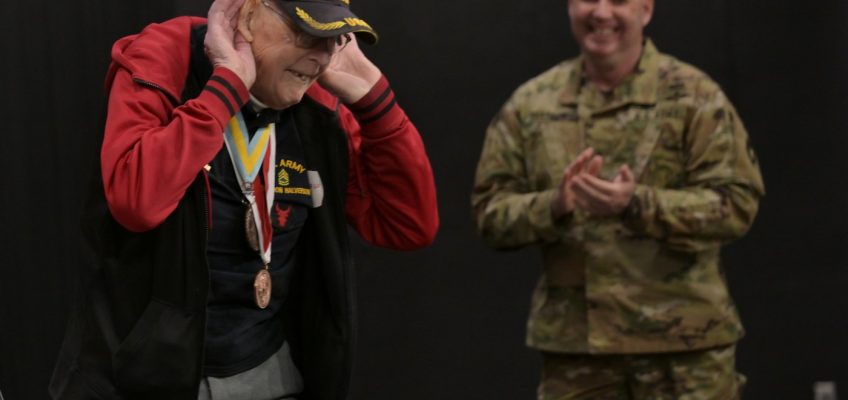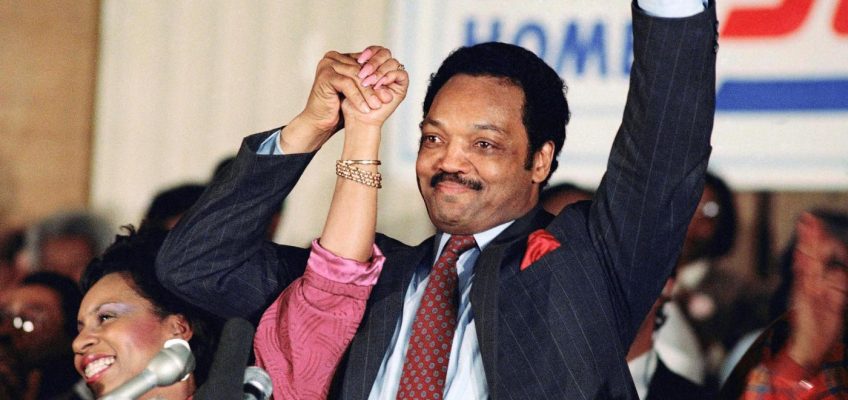By Dana Hull, Bloomberg News
Jeffrey Epstein attempted to bring three women who were foreign nationals along with him for a tour of SpaceX’s headquarters in 2013, emails released by the U.S. Justice Department show, an effort that raised security concerns within the Elon Musk-run company.
Related Articles
US military strikes alleged drug boat in Caribbean Sea, killing 3
Education Department hands off more of its responsibilities to other US agencies
ICE officer training is ‘deficient’ and ‘broken,’ former agency lawyer tells congressional forum
RFK Jr. fought pesticides for years. Now he’s backing their production
France moves to bar US Ambassador Charles Kushner from direct government access
The women, described in various emails as Epstein’s “assistants” or “girls,” included two Russians and a South African, according to correspondence between Lesley Groff, Epstein’s longtime executive assistant, and Mary Beth Brown, Musk’s former aide. While Epstein went on the tour, which included lunch with Musk, the emails suggest the women were not allowed past the lobby.
The visit is another example of the ways Epstein sought to ingratiate himself and his associates with high-profile people, pushing boundaries even after the convicted sex offender was released from jail in 2009. While Epstein died behind bars in 2019 in what authorities ruled a suicide, the recent release of millions of pages of his personal correspondence has pulled back the curtain on how he operated.
There have been prior reports that Epstein visited SpaceX’s Hawthorne, California, facility, but the circumstances surrounding his planned entourage add a new wrinkle.
SpaceX, which ferries astronauts to and from the International Space Station for NASA and launches satellites for commercial customers and the U.S. military, is subject to strict rules under the International Traffic in Arms Regulations. Access to SpaceX facilities is often restricted to U.S. citizens because the company’s rockets and spacecraft are considered defense-related technology.
The company did not respond to requests for comment from Bloomberg News and has previously denied that Epstein had ever visited. Musk posted on social media in July 2020 that Epstein “never toured SpaceX” to the best of his knowledge.
The new trove of emails, released Jan. 30 of this year, shows more than 20 emails over multiple days involving Epstein’s and Musk’s assistants — and some involving the men themselves — to plan the February 2013 visit. In one, Musk advised Epstein on the best airport to fly into to get to SpaceX’s headquarters quickly.
After Epstein’s assistant reached out directly to Musk on Feb. 19 of that year, Musk’s assistant responded the next day, “Shall we organize a lunch for Elon and Jeffrey to get together at SpaceX in the coming weeks?” They settled on lunch on Feb. 25 and traded several more emails discussing whether Musk would like to visit Epstein’s ranch in Santa Fe, New Mexico (Musk was busy and declined the invitation); dietary restrictions for the planned lunch; and details of who would accompany Epstein to SpaceX.
“Jeffrey is a U.S. citizen but he will have assistants with him who are not,” Groff wrote in one email. “They all have passports and proper paper work. I’m pretty sure he will bring them all with him. Will this be ok?”
Musk’s aide requested scans of their passports for security clearance and asked whether they would all dine with Musk. Later that day, after confirming receipt of the passports, she followed up to say that they would not be able to clear the foreign nationals for a full tour.
“They are welcome to come into the lobby area/conference room adjacent to the lobby,” Musk’s aide wrote. “I’m happy to provide lunch but they will be unable to enter the main facility.”
The emails suggest Epstein did bring the women to SpaceX — one sent the day of the visit said Epstein and three of his assistants would be attending — but it’s not clear how far into the facility they went.
On Feb. 26, the next day, Epstein emailed Musk directly: “thanks for the tour, you would have had fun at xmas.”
Musk responded, “I see,” with a smiling face emoji.
©2026 Bloomberg L.P. Visit bloomberg.com. Distributed by Tribune Content Agency, LLC.




